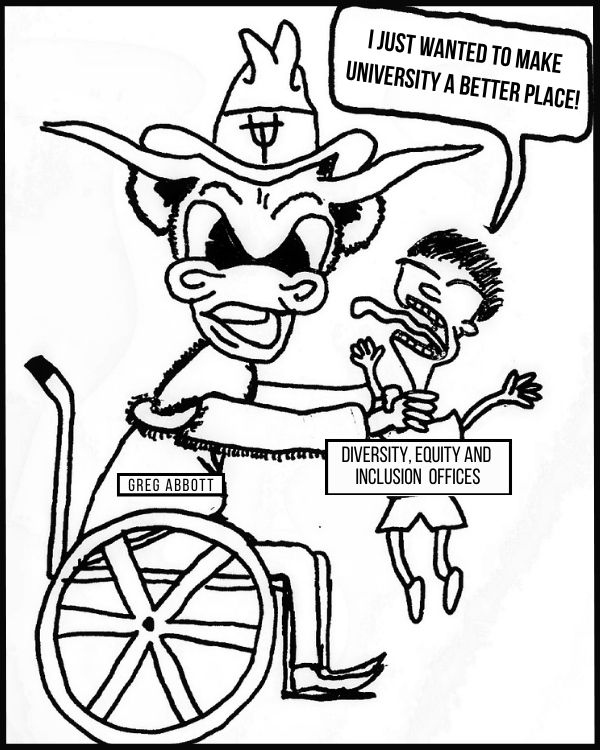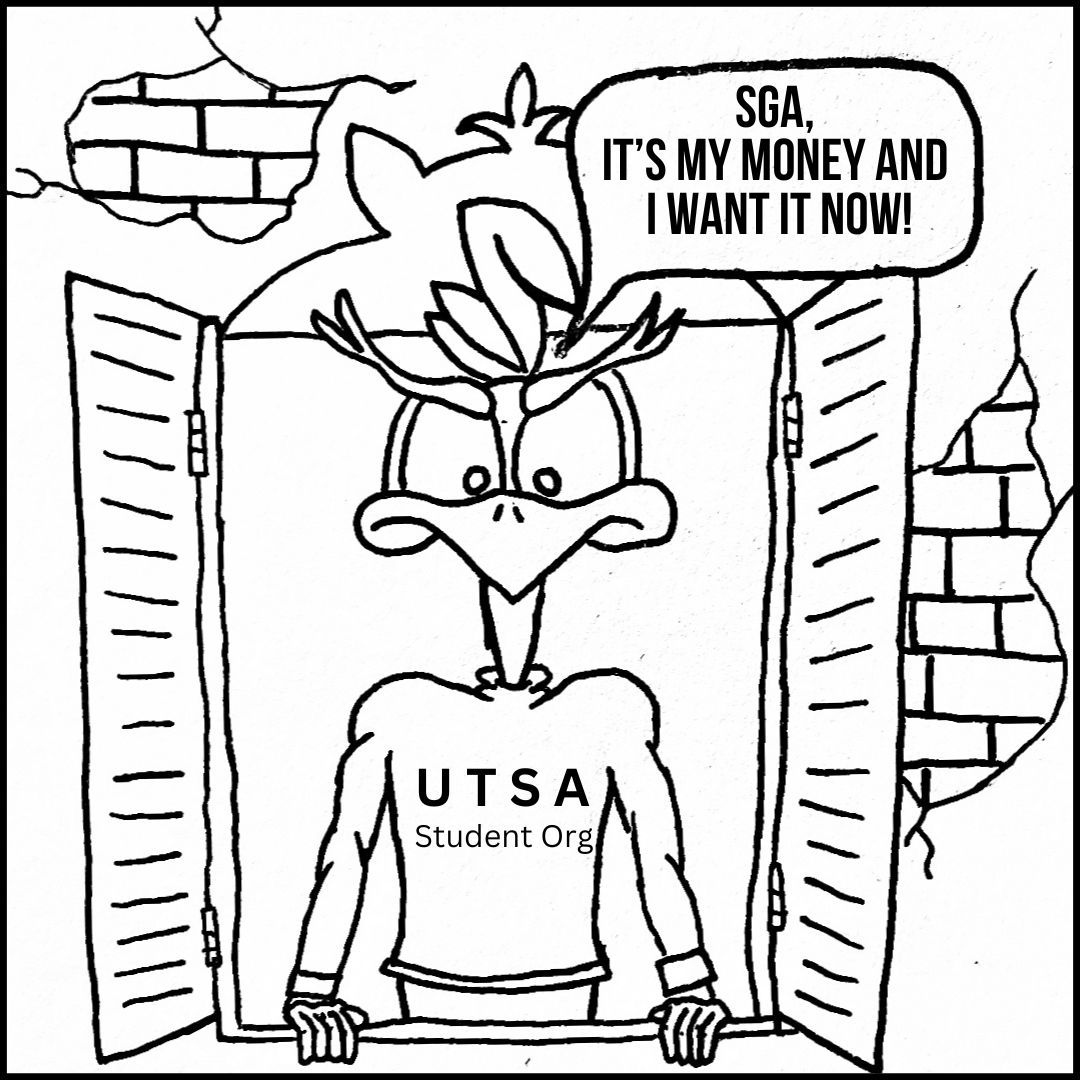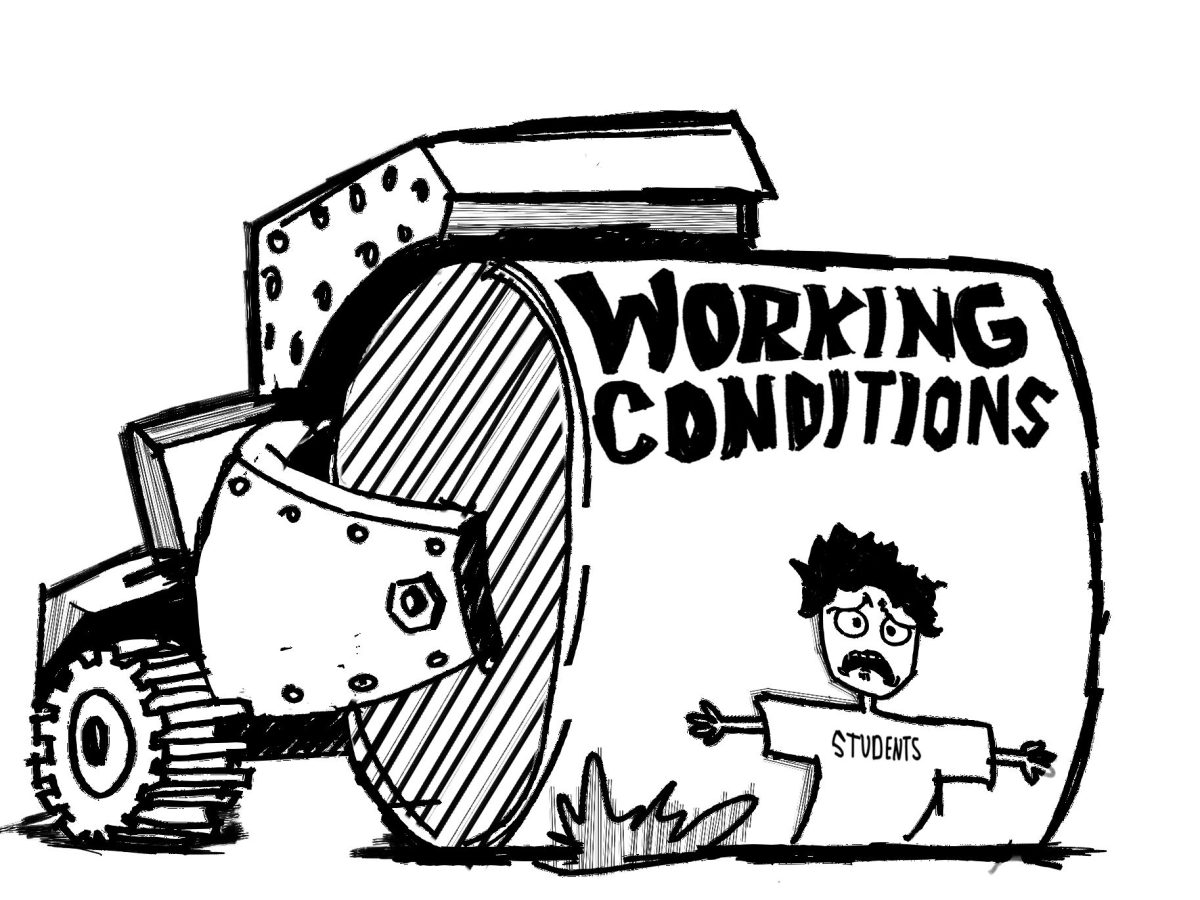Last month, for the third consecutive year, UTSA was awarded an “A” ranking by the American Council of Trustees and Alumni (ACTA) for its core curriculum. This recognition is awarded to schools that require students to take classes in a wide variety of subject areas, such as math, composition, economics and science.
While it is admirable that UTSA encourages its students to receive a well-rounded education, it should not be misinterpreted as the finish line for where UTSA’s academics should hope to be.
Not only are the courses mandated by UTSA ultimately at the discretion of the Texas Higher Education Coordinating Board, but a look at ACTA’s rankings reveal that at — least in Texas — a well-rounded education has little to no impact on student success. The four Texas schools who received an “A” rating, including UTSA, had an average four year graduation rate of about 36 percent — practically the same as the seven Texas schools who received a “C” from ACTA and have an average rate of about 33 percent.
In fact, the lone Texas school to score an “F” was Rice University, which despite having what is universally considered to have the best academics in the state requires its students to take exactly zero of the subjects recommended by ACTA.
Clearly a well-rounded curriculum is not the lone arbitrator in determining student success.
A survey of business leaders found that two-thirds of them believe that college should focus more on “communications, writing and critical thinking skills,” things that UTSA has begun to implement into its curriculum but which are in need of reinforcement. The implementation of Q courses, which are designed to encourage critical thinking, are a step in the right direction, but UTSA needs to worry less about a trivial grading system and more about preparing its students for the workforce.
Another study has found that areas such communication, self-awareness, membership and leadership are better predictors of success than a student’s achievements in the classroom or the college where a diploma is earned. While these are much harder to teach than writing or critical thinking they are nonetheless necessary for a university to consider when determining its curriculum. These are skills that can be learned largely through experience in the workplace and through participation in extracurricular student organizations.
Of course, when four out of five people believe that practical experience, such as an internship, should be a part of a student’s college experience, much the responsibility of teaching these skills falls onto the business community as well as the university. Companies like USAA and Valero are already receptive to UTSA students, but as it stands very few of UTSA’s majors require an internship, and there is hardly any incentive from the university for students to seek out jobs.
Students should of course have their own best interests at heart, but the lack of participation on campus — as evidenced by the paltry turnout in SGA elections and campus-wide surveys — suggests that there is a culture at UTSA that shys away from participation. It seems as if students would rather sit at home instead of engaging themselves with other students in student government or networking in a greek organization.
As it currently stands, UTSA’s curriculum teaches students in a wide range of subjects. However, such a broad spectrum of knowledge is useless without more important factors such as writing ability or critical thinking skills, and these talents should be the focus of any student’s education at UTSA. In preparing students for the workforce there is surely responsibility to be placed on the shoulders of students and even the business community, while the culture and curriculum of a university fall squarely on its administration. There is no doubt that UTSA has made strides to emphasize those skills that will keep students employed after graduation, but if it truly wants to be a top tier university UTSA must strive to make its students talented professionals who can succeed anywhere instead of taking pride in the fact that a student may become a jack of all trades but a master of none.

















